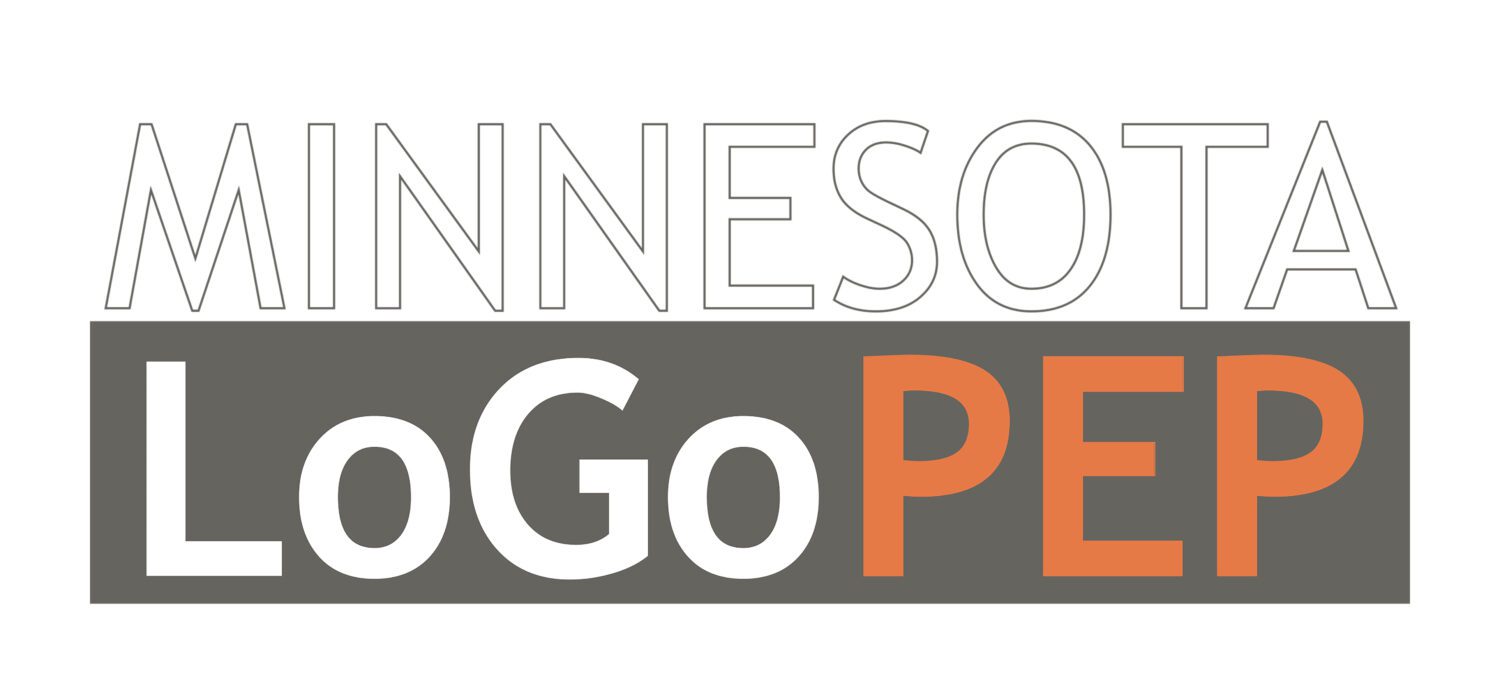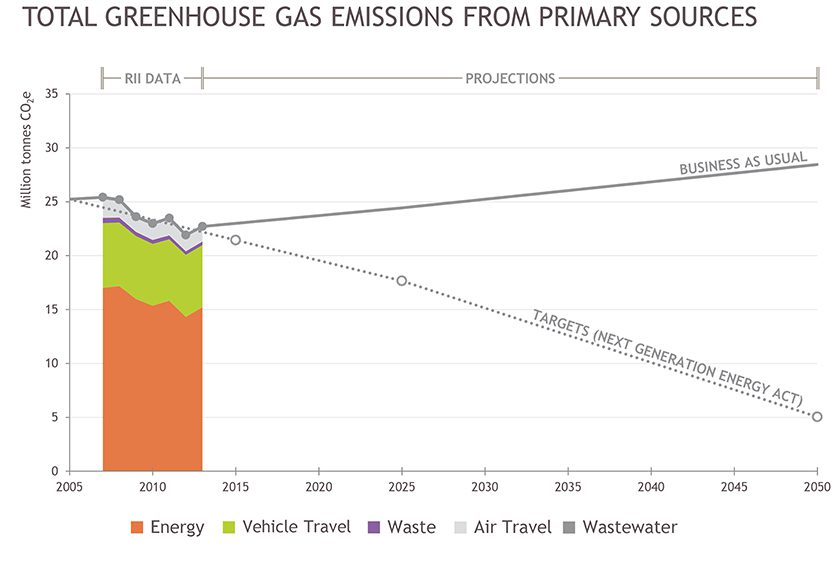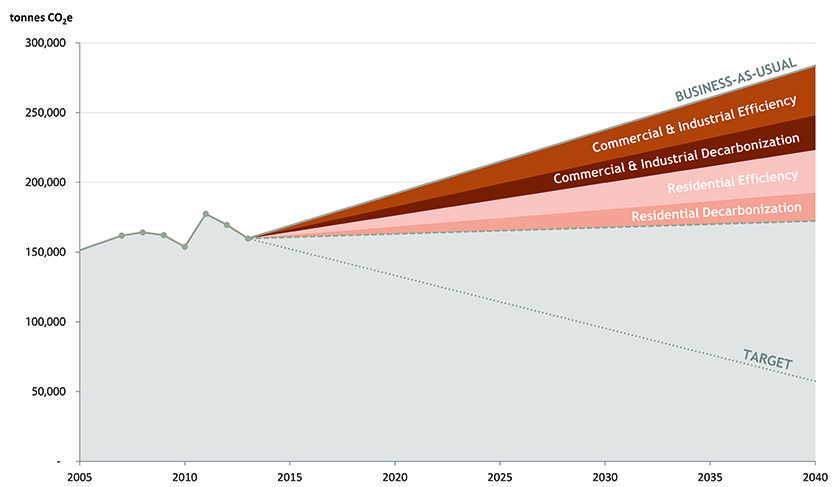
The US Department of Energy awarded a grant to a team made up of experts from LHB, Great Plains Institute, and the University of Minnesota’s Energy Transition Lab and Center for Science, Technology, and Environmental Policy to engage local governments in committing to actionable strategies for energy and greenhouse gas emission reductions. The project began in January 2016 and is funded through 2018. This grant recognizes the value of and expands upon the LHB-supported Regional Indicators Initiative (RII). LoGoPEP provides communities with planning tools that will help them prioritize impactful strategies, understand implementation pathways, outline a plan for action, and measure progress toward their goals. The project targets local governments that are interested in energy planning. LoGoPEP is currently being developed at the Twin Cities metropolitan regional scale with the goal of future state-wide replicability and institutionalization.

Once again, it is all about the data! The LoGoPEP energy planning tools will help cities leverage community-wide metrics to identify, prioritize, and justify areas to target for action by developing resilience and/or energy sections in their comprehensive plans.
The diagram below is an example of a Wedge Stabilization Analysis that is being developed by LoGoPEP to forecast energy and GHG emission reductions based on planned actions. This concept was initially developed at Princeton University and has become a well-recognized technique in climate change mitigation.

Based on input from five selected partner cities, each LoGoPEP tool will be designed to effectively communicate with residents, businesses, and governing bodies. By framing energy planning alternatively as a budgeting exercise and a resource development opportunity, these tools will appeal to multiple types of stakeholders.
Maureen Colburn, Architect with LHB and Project Manager for LoGoPEP, says the following about the project:
“Leveraging data to create analytically informed sustainability plans is a significant step toward carbon mitigation. LHB is excited to be a key contributor to LoGoPEP and to take the Regional Indicators Initiative to the next level.”
